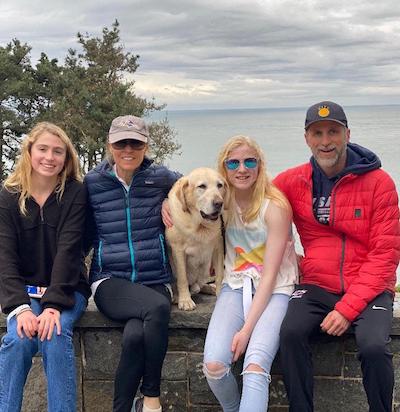Bringing Genomic Medicine to the Whole World: Sharon Terry of the Genetic Alliance
Submitted by theral on Wed, 12/14/2022 - 22:12In a field full of amazing people, no one --- no one -- is more remarkable than Sharon Terry. And this is despite (or perhaps because of) the fact that she is not, technically, in the field at all: Sharon Terry is, as her bio describes her, “just a mom with a master’s degree in theology.” Sharon’s personal story of a journey from the worst form of heartbreak and disempowerment – the discovery that both of her young children had a rare genetic disease with a bad prognosis – to become a role model for parent activists everywhere. Sharon’s work as the head of the Genetic Alliance is legendary for the way it has platformed (literally) hundreds of disease communities ranging from small to microscopic so that they could speak to one another, and so that the Genetic Alliance could speak for all of them, a collective army of the individually rare.
Now, Sharon is planning an even bolder move: to bring the promise of genomic medicine to the whole damn world. Beginning in 2023, the iHope program will use an enormous grant from genomics giant Illumina to sequence sick kids and others in Africa, Southeast Asia, and South America (as well as other neglected places, some of them right here in the US).
Sounds impossible, right? Tell that to a mom on a mission!


